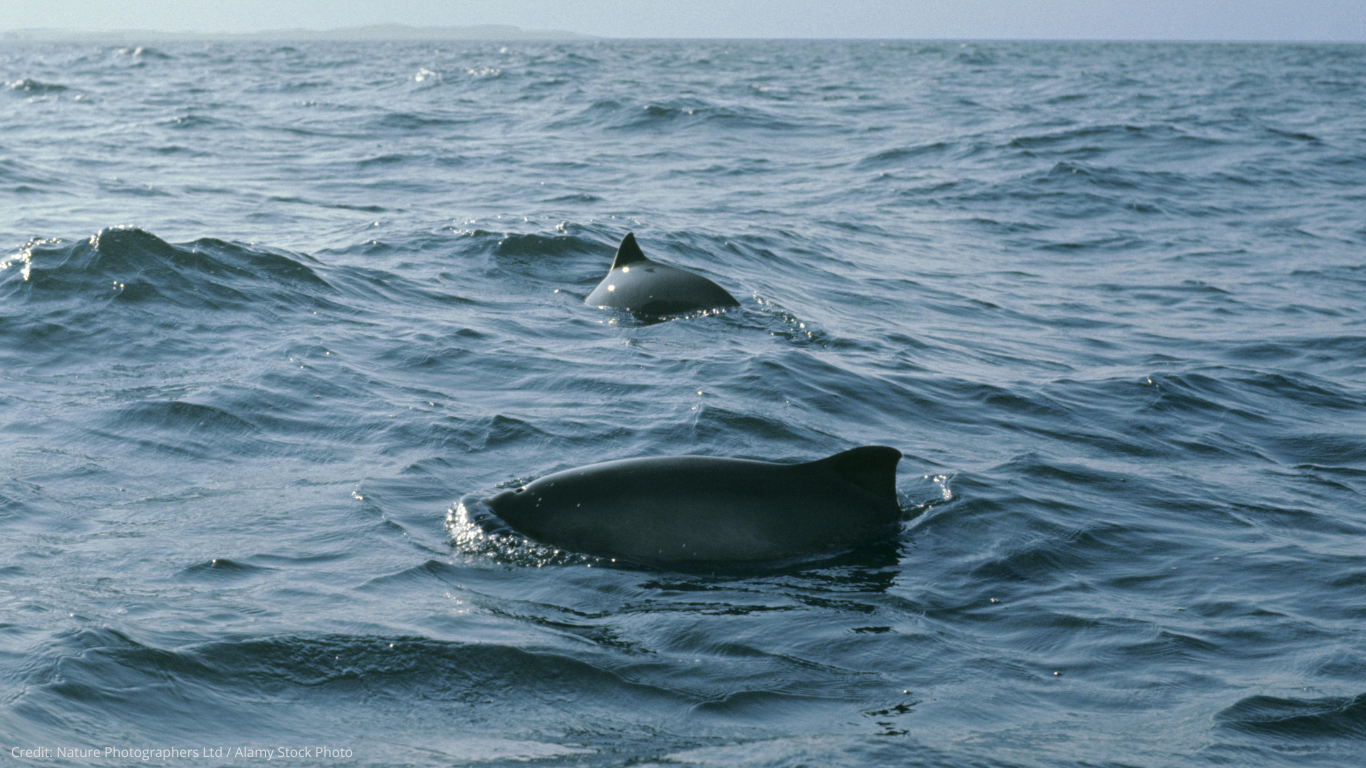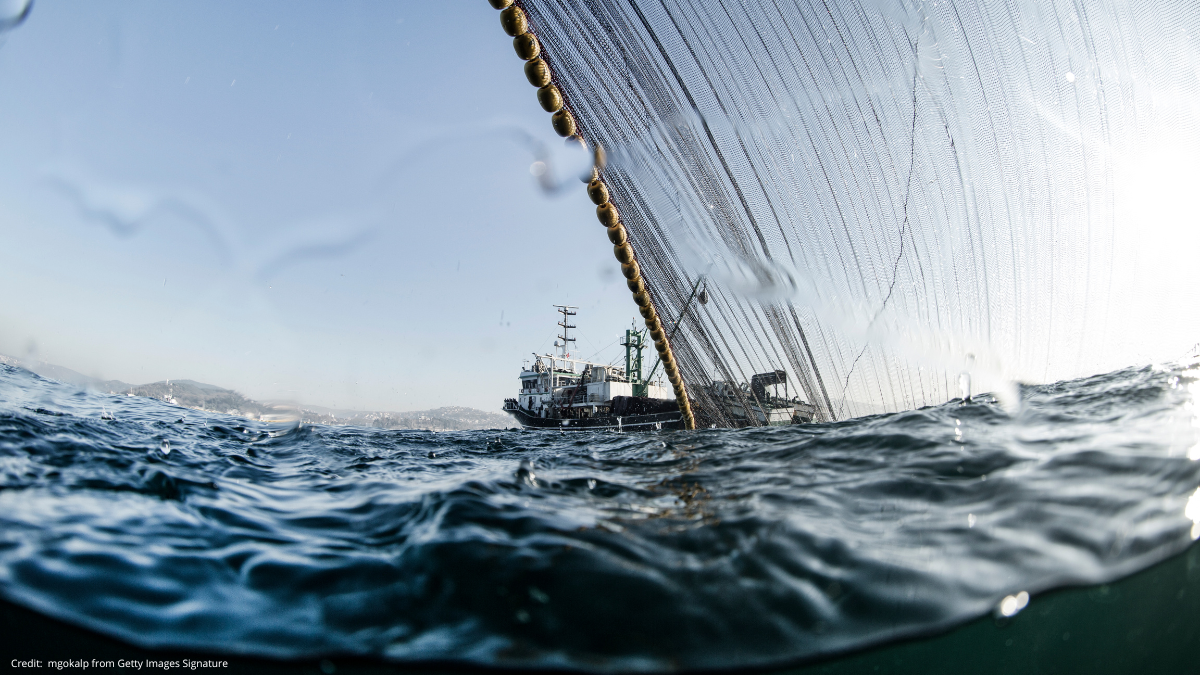Global Plastics Treaty negotiations in Ottawa - INC4
On April, 21 the 4th session of Intergovernmental Negotiations Committee to develop a global plastics treaty has started in Ottawa, Canada. Coalition Clean Baltic along with some of its Members, including SSNC, ASC/CES, and Ecopartnerstvo is taking part in INC-4.
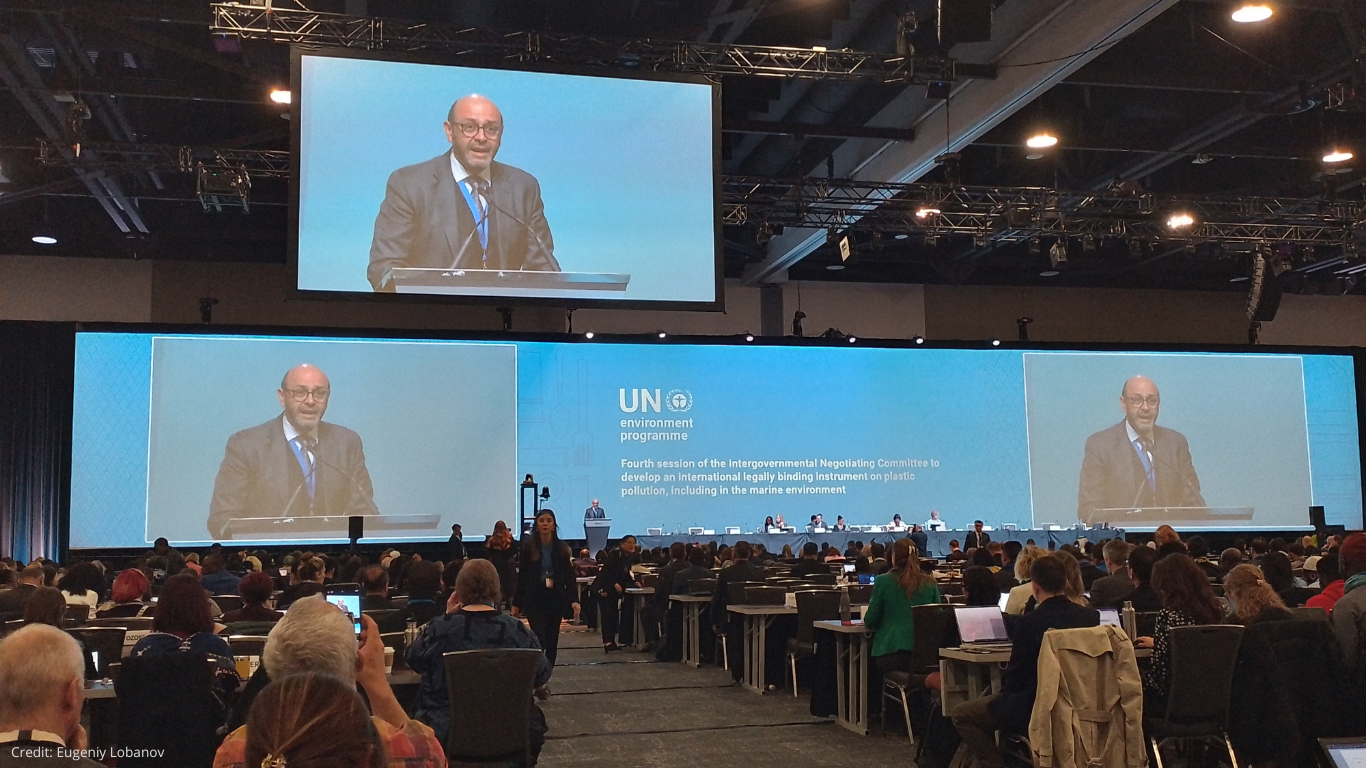
Plastic pollution is a growing crisis for the environment, human health, human rights, biodiversity, and the climate — actions to address it are urgently needed now at the global level.
In March 2022, the United Nations Environment Assembly (UNEA) adopted resolution 5/14 titled “End Plastic Pollution: Towards an International Legally Binding Instrument” that began the process to negotiate a new global plastics treaty by the end of 2024. The resolution established an Intergovernmental Negotiating Committee (INC) to prepare an international legally binding instrument on plastic pollution, including in the marine environment. What is also important, the resolution has been calling for addressing the full lifecycle of plastics, from production to waste management.
At INC-4, delegates will base their discussions on a Revised Zero Draft of the future instrument, compiled by the Secretariat. The Revised Zero Draft is a product of the three contact groups established during INC-3 to consider the original zero draft, and a synthesis report on previously undiscussed elements.
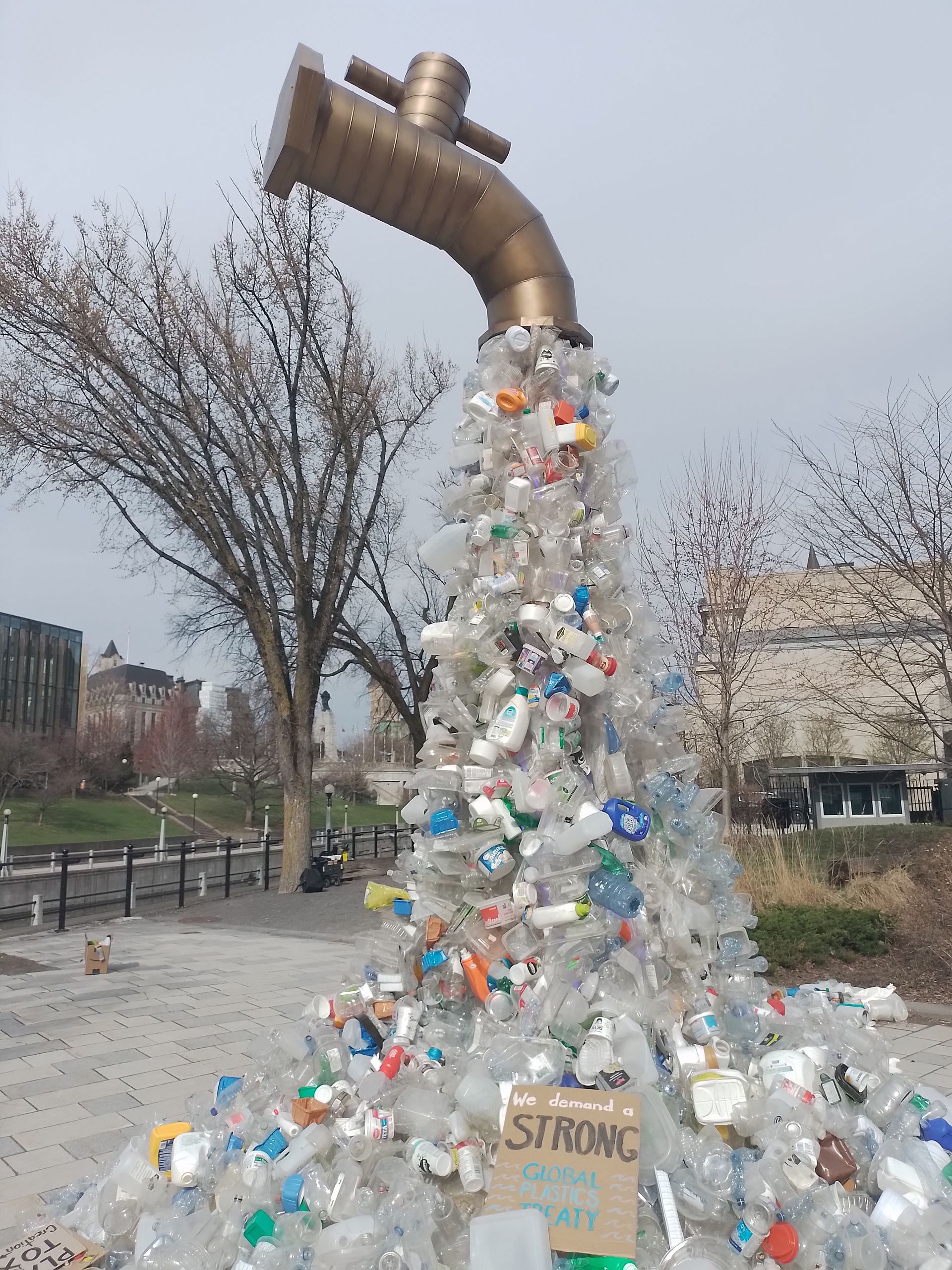
The Revised Zero Draft contains options for treaty text organized in five sections pertaining to:
- Primary provisions, including the preamble, objectives, principles, and scope;
- The management of plastic along its lifecycle, including primary polymers, product design, and waste management, as well as extended producer responsibility, trade, and existing pollution;
- Means of implementation, including financing, capacity building, and technology transfer;
- Tracking implementation, including through reporting, compliance, and international cooperation; and
- Institutional arrangements, including governing and subsidiary bodies and a secretariat.
“CCB along with many other organizations believes that for the Plastics Treaty to be effective in reversing the tide of plastic pollution, mechanisms and solutions to address it need to exist within climate and planetary boundaries. This treaty is an opportunity to get it right. It can potentially be one of the most significant environmental agreements in history! We need to remember that we cannot decrease plastic pollution without reduction of plastic production”, comments Eugeniy Lobanov, CCB Hazardous Substances Working Area Leader and a participant of INC-4.
Before the start of negotiations, on Sunday, April 21, hundreds of impacted community leaders and experts from around the world came together in the streets of Ottawa to advance a plastics treaty, marking a pivotal “make or break” moment for the Global Plastics Treaty. By marching together peacefully in the streets of Ottawa ahead of the negotiations, Break Free From Plastic movement members and allies wanted to remind negotiators of their obligations to protect human rights, human health, the environment, and the climate. “We are here to demand that delegates negotiate a treaty that lives up to the promise of UNEA Resolution 5/14 — that means measures that address the full life cycle of plastics, beginning with production of plastics, which is the production of polymers. Delegates must act like our lives depend on it — because they do,” said Daniela Duran Gonzales, Senior Legal Campaigner with the Center for International Environmental Law. “Our climate goals, the protection of human health, the enjoyment of human rights, and the rights of future generations all rest on whether the future plastics treaty will control and reduce polymers to successfully end the plastic pollution crisis.”
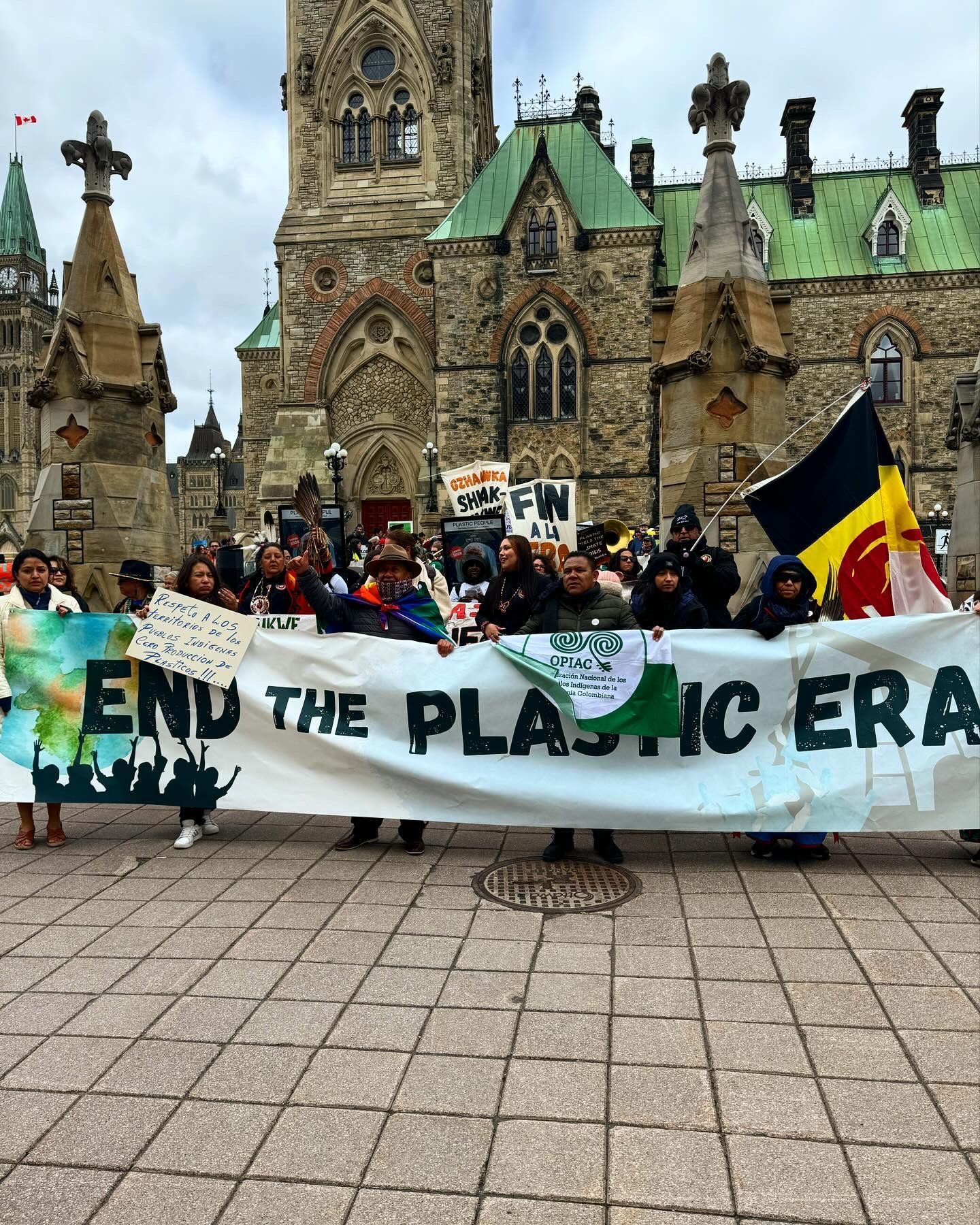
CCB urges governments of the Baltic Sea Region to actively participate in the negotiations process, and make an effective Plastics treaty!
***
Article written by Eugeniy Lobanov, CCB Hazardous Substances Working Area Leader
Useful resources:
UNEP online resource page for INC-4
